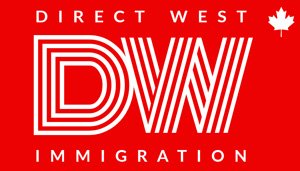As of November 2024, Canada has implemented significant changes to its work permit regulations, making it easier for some foreign workers to enter the country while tightening restrictions for others. These adjustments are aimed at addressing the labour shortage while maintaining security and fair labour practices. Here’s a breakdown of the key changes:
- Open Work Permit Expansion: One of the most notable updates is the expansion of the open work permit category. Under the new rules, more temporary foreign workers, particularly those in critical sectors like healthcare and construction, can now access open work permits. This means they no longer need a specific job offer or employer sponsorship to work in Canada. Previously, only specific groups, such as spouses of skilled workers, were eligible for open work permits.
- Employer Compliance and Enforcement: Canada has strengthened employer compliance rules. Employers will now be required to submit more detailed documentation about working conditions and wages before hiring foreign workers. There will also be enhanced inspections to ensure employers meet these requirements. Non-compliant employers may face stricter penalties or be barred from hiring foreign workers for a period.
- Increased Application Fees: Starting in November, the government has raised application fees for work permits, particularly for those seeking extensions or changes in employer. This increase aims to cover the administrative costs associated with processing applications.
These changes reflect Canada’s evolving approach to immigration, balancing economic needs with ensuring workers’ rights and protections. It’s essential for both employers and potential foreign workers to stay informed about these new rules to ensure a smooth application process.



